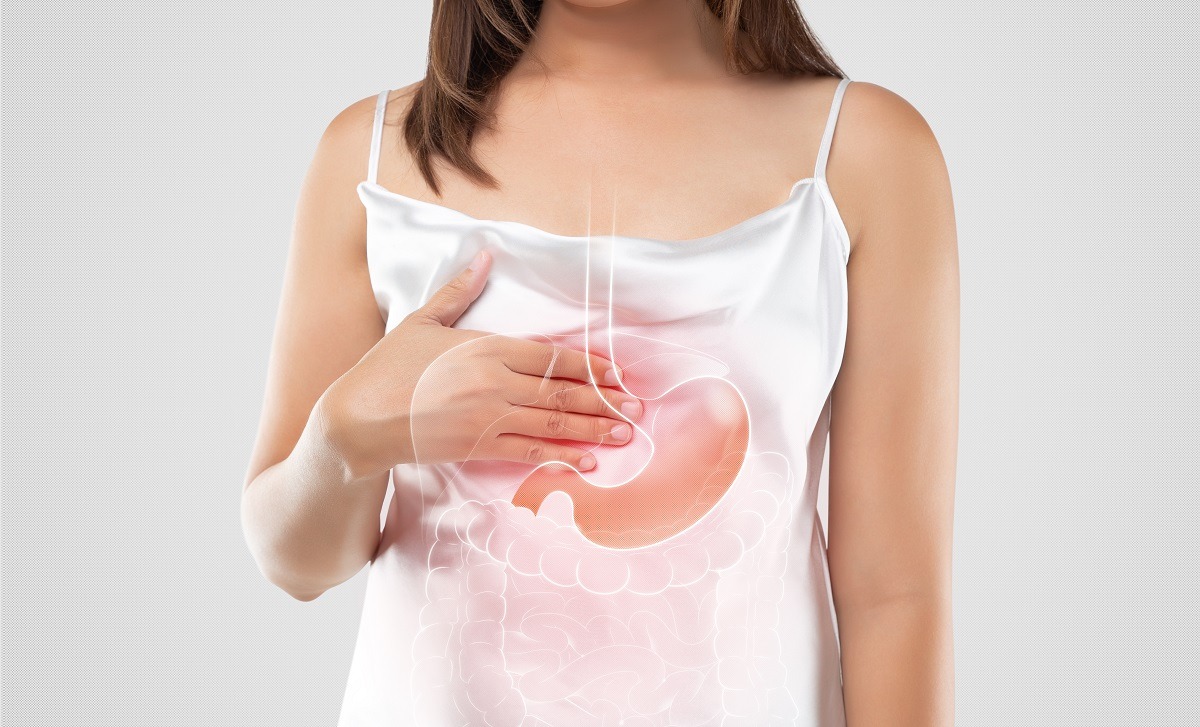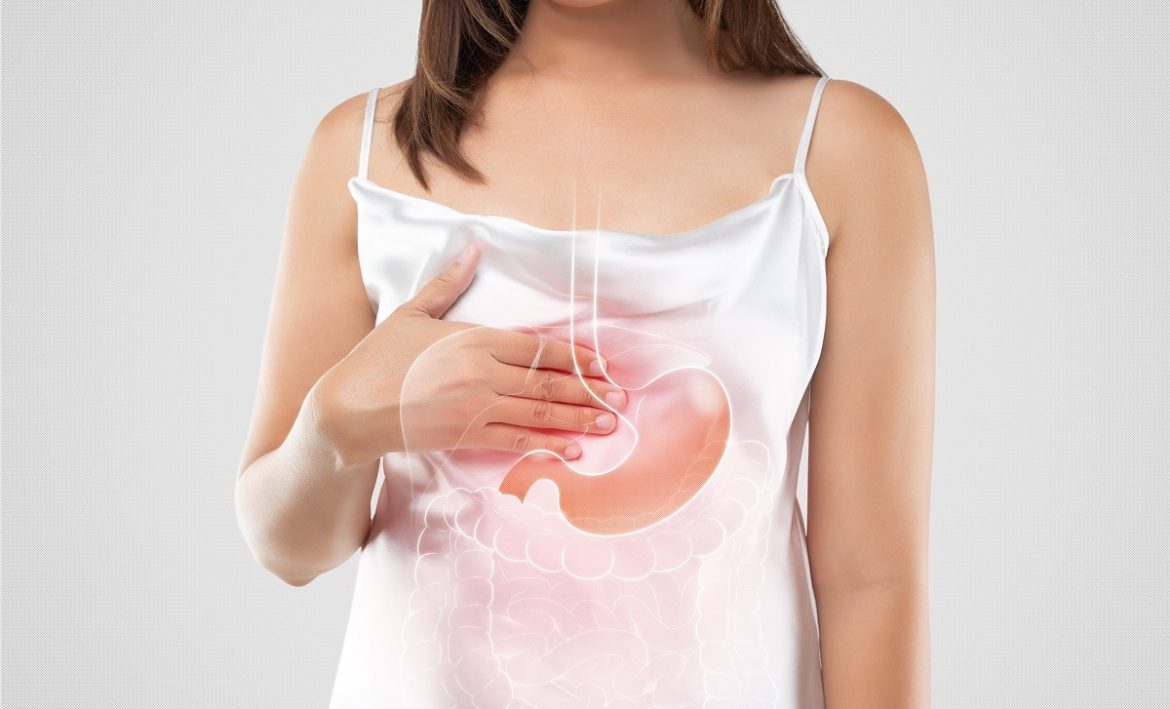-
 play_arrow
play_arrow
BayRadio Listen Live Broadcasting in Spain
Oesophageal cancer is thirty times more common in patients with Barrett’s oesophagus


A woman in white dress suffering from acid reflux or GERD on a light gray background, Gastroesophageal Reflux Disease, The concept of Medical treatment and Healthcare
Oesophageal cancer is thirty times more common in patients with Barrett’s Oesophagus, as warned by Dr. Pedro Bretcha, head of the Digestive System Surgery and Surgical Oncology Service at Quirónsalud Torrevieja Hospital.
Barrett’s oesophagus is a little-known but potentially dangerous digestive disorder that affects the lining of the oesophagus caused by chronic gastroesophageal reflux.
The fundamental symptom of Barrett’s oesophagus is heartburn, which is colloquially known as burning. “The burning,” explains Dr. Juan Antonio Casellas, head of the Digestive System and Advanced Endoscopy Service at Quirónsalud Alicante, “consists of an unpleasant, sometimes painful, burning sensation that rises and falls from the pit of the stomach to the neck behind the sternum. It is often accompanied by regurgitation of gastric contents into the mouth.”
How Barrett’s Oesophagus Is Diagnosed
To confirm the diagnosis of Barrett’s oesophagus, an upper gastrointestinal endoscopy is necessary. “This test,” Dr. Casellas describes, “consists of inserting a small tube through the mouth, progressing into the oesophagus and analysing if there is a change in the cells of the distal oesophagus, right at the junction with the stomach. Usually, the appearance of the oesophagus can suggest the existence of a Barrett’s oesophagus during endoscopy. However, the diagnosis can only be confirmed with small tissue samples obtained through the endoscope and sent to the pathology laboratory.” The test is performed under sedation and does not require any special preparation, just fasting.
If it is positive, the specialist in the Digestive System at Quirónsalud Alicante recommends repeating it regularly in order to detect possible cancer at an early and potentially curable stage.
Anti-reflux surgery at Quirónsalud Torrevieja Hospital
Laparoscopic surgery is highly effective for the treatment of gastroesophageal reflux and definitively eliminating the use of medications that, in the long run, cause side effects. Nine out of ten patients treated with anti-reflux surgery manage to relieve their symptoms and only 15% have a recurrence after five years.
As Dr. Bretcha explains, “The surgery is performed under general anaesthesia and consists of constructing a complete or partial cuff with the stomach around the oesophagus, placing it under the diaphragm. To do this, small incisions of just a few millimetres are made to access the abdomen through the laparoscope, which is connected to a small video camera to obtain a complete view of the abdominal cavity.” Among the advantages of the laparoscopic approach are the reduction of postoperative pain, brief hospital stay, minimal scarring and rapid return to work.
Written by: admin
Similar posts
Recent Posts
- Torrevieja unveils the charity race “5K Steps That Matter by Quirónsalud” in aid of AFECÁNCER
- Discover how breast reduction can transform your life: from pain to confidence
- Reclaim your shape, reclaim your confidence: The transformational power of a tummy tuck
- Magnetic Endoscopic Capsule: A Revolution in Digestive Diagnosis
- Nine out of ten cases of blindness caused by glaucoma could be prevented through annual check-ups

Ctra. Cabo La Nao, CC La Nao, Local 6 03730 Javea, Alicante, Spain
Advertise with us
Do you have a business in Spain? Do you provide a service to the expat community in Spain? Would you like your message to reach over 500.000 people on a weekly basis?
BayRadio is a community orientated radio station offering fantastic content to our many listeners and followers across our various platforms. Contact us now and find out what Bay can do for you!
Our business is helping your business grow.
BAY RADIO S.L. © 2024. ALL RIGHTS RESERVED. WEB DESIGN BY MEDIANIC








Post comments (0)